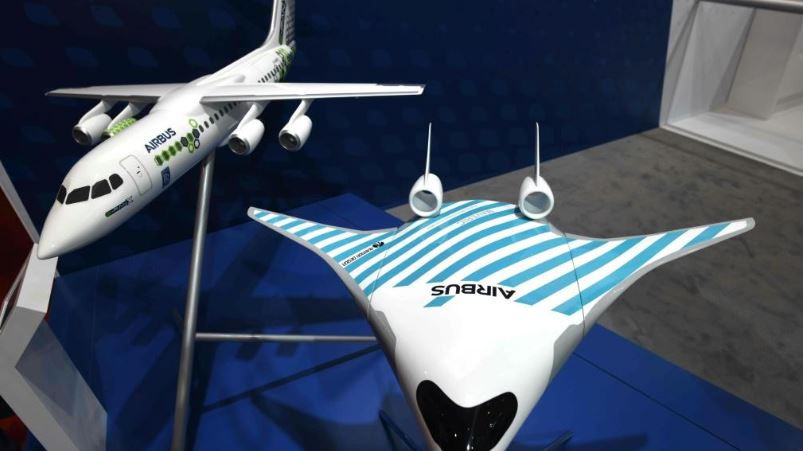×
The Standard e-Paper
Stay Informed, Even Offline

From an emissions-reducing model jet that looks like something from a sci-fi movie to electric aircraft and sustainable fuel, the aviation industry is ramping up efforts to go green as consumer pressure grows.
In an era when teen climate activist Greta Thunberg opts to travel on an eco-friendly boat and "flight-shaming" is all the rage in her native Sweden, air travel's reputation has never looked as dire.